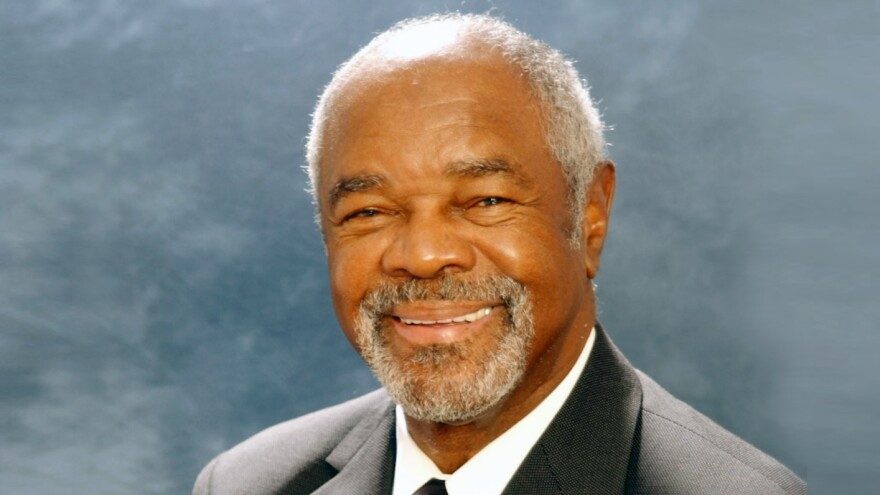As we mark the end of Black History Month 2019, we are reminded of the many men and women of color who, with a passion for people and community, contribute their talents to the practice and evolution of osteopathic medicine. Among the many influential voices and thought leaders in our field, the name William G. Anderson, DO, is certainly a stand out. We would like to take this opportunity to recognize his advocacy of the profession and his role in the Civil Rights Movement.
Dr. Anderson, a professor of surgery and senior advisor to the dean at the Michigan State University College of Osteopathic Medicine (MSU-COM), holds the distinction of being the first African American on the American Osteopathic Association Board of Trustees and served as the president of the American Osteopathic Association in 1994 and 1995. He also served as associate dean of the Kirksville College of Osteopathic Medicine and as clinical professor of osteopathic surgery at MSU-COM. Dr. Anderson was an active member of the NBOME Board of Directors from 2003 through 2014 and was member of its Executive Committee from 2007 to 2010.
Born in Americus, Georgia, in 1927, Dr. Anderson attended Des Moines University College of Osteopathic Medicine. In Albany, Georgia, he was prevented from treating patients because of segregationist policies in 1957. In response, he founded and became the first president of the Albany Movement, which worked to register African American voters and devised ways to end racial segregation. With this achievement, Dr. Anderson became a pioneer in the Civil Rights Movement and was a personal friend and colleague of Dr. Martin Luther King, Jr. A member of the Physicians for Social Responsibility, he is a frequent speaker on osteopathic medicine and civil rights topics.
In 2014, the MSU-COM’s award-winning civil rights lecture series was renamed as the “Dr. William G. Anderson Lecture Series: Slavery to Freedom.” For more on the lecture series, click here.

